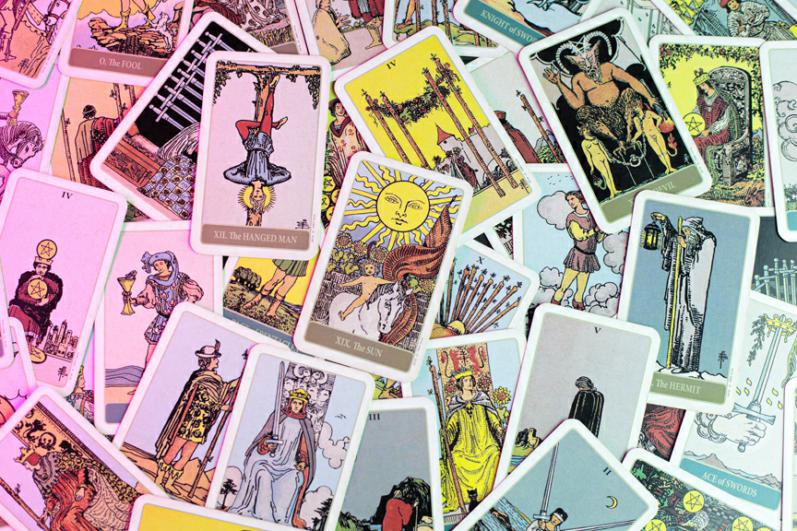Is witchcraft wrong and why?
Q. In a recent homily, our priest brought up various forms of evil that exist in the world. Among them, he mentioned witchcraft.
My father was troubled by this and told the rest of our family after Mass that "real witchcraft," like that practiced by the Wiccans, is not inherently evil since they don't believe in Satan. So I'm wondering: What is the true nature of witchcraft, and are Wiccans and similar groups just misunderstood and not harmful? (Virginia)
A. Among the definitions of witchcraft offered by Merriam-Webster is the following: "rituals and practices that incorporate belief in magic and that are associated especially with neo-pagan traditions and religions (such as Wicca)."
Commonly, witchcraft involves a pact imploring evil spirits for their assistance. Several passages in the Scriptures warn against such practices. In the Old Testament, the Book of Deuteronomy says: "Let there not be found among you anyone who . . . Practices divination, or is a soothsayer ... or who casts spells, consults ghosts and spirits, or seeks oracles from the dead" (18:10-11).
And in the New Testament, the Book of Revelation warns: "But as for . . . Sorcerers . . . And deceivers of every sort, their lot is in the burning pool of fire and sulfur" (21:8).
The Church speaks to this in the Catechism of the Catholic Church: "All forms of divination are to be rejected: recourse to Satan or demons, conjuring up the dead or other practices falsely supposed to 'unveil' the future. . . . All practices of magic or sorcery, by which one attempts to tame occult powers, so as to place them at one's service and have a supernatural power over others . . . Are gravely contrary to the virtue of religion" (Nos. 2116-2117).
It is true, as you say, that Wiccans are continually denying any connection with Satan or devil worship, but it still violates Catholic belief to invoke the aid of various deities and to practice ceremonial magic.
In 2009, while visiting Angola, Pope Benedict XVI spoke critically of the practice of witchcraft. Many Africans, the pope said, "are living in fear of spirits, of malign and threatening powers. In their bewilderment, they end up even condemning street children and the elderly as alleged sorcerers."
Q. We Catholics honor many female saints for their outstanding lives of service and virginity. Why do we never mention St. Joseph's virginity or the virginity of some of our wonderful male saints? (City and state withheld)
A. I think the main reason is that women religious generally refer to their vow of chastity as virginity, while male religious call it celibacy.
An exception does occur in the liturgical prayers marking the Dec. 27 feast of St. John, Apostle and Evangelist. There, the antiphons for the feast refer to John as a "virgin." One of them reads: "To the virgin John, Christ, dying on the cross, entrusted his virgin mother."
I thought it interesting that your question singled out St. Joseph for special mention as a virgin. As I've mentioned in an earlier column, there are some biblical commentators who believe that Joseph may have been a widower who married the Virgin Mary later in life, after already having a family with his first wife.
- Father Kenneth Doyle is a columnist for Catholic News Service



















